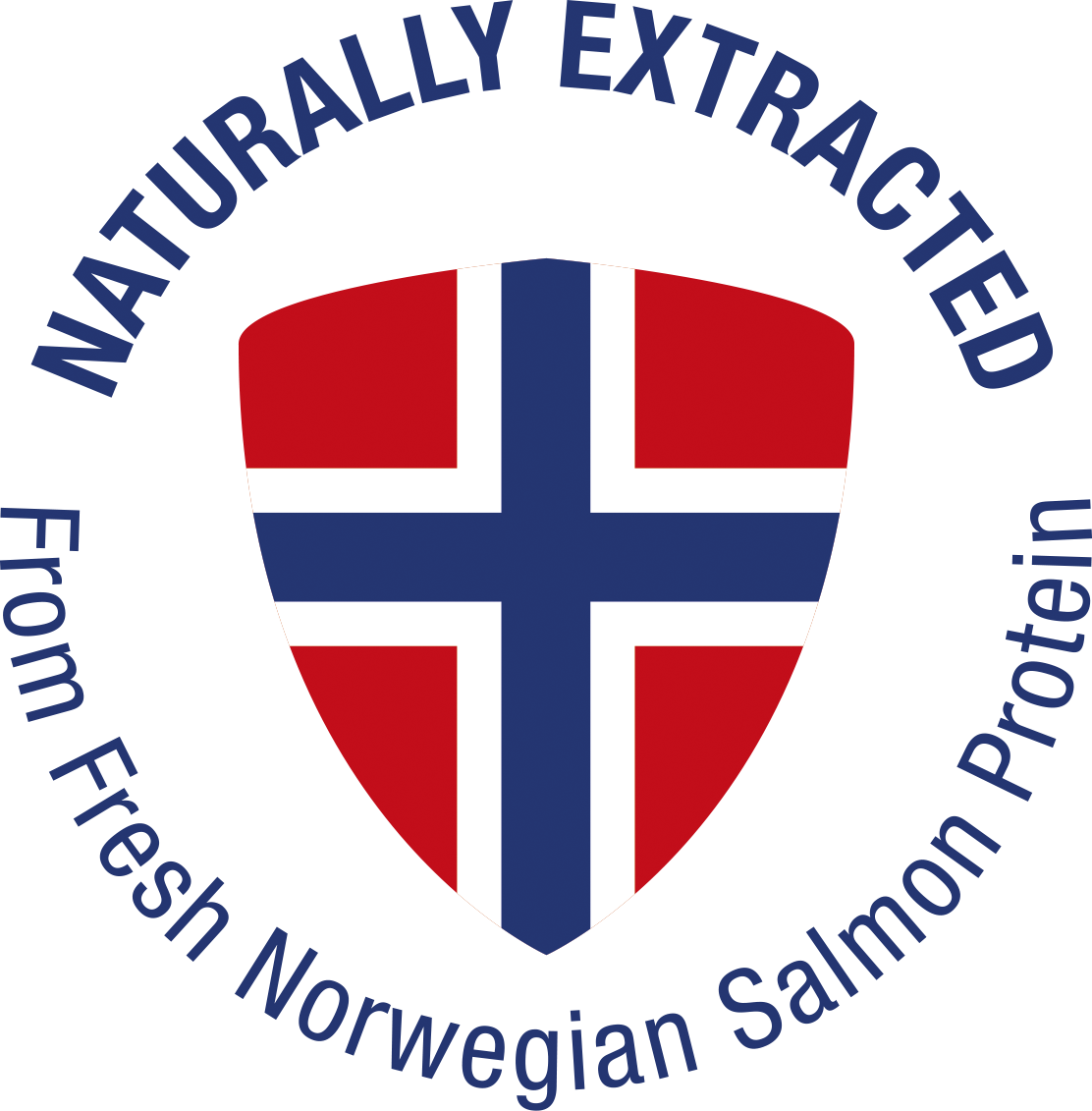
AMIZATE®is an effective medical nutrition supplement and ingredient due to its completely digested form allowing for immediate absorption of amino acids, short peptides and micronutrients.
Medical nutrition
As a medical nutrition supplement AMIZATE® provides all amino acids required for protein regeneration and also allows for the speediest absorption to the blood stream without the need for further digestion.
AMIZATE® is also an ideal ingredient in medical nutrition products providing a digested protein component as free amino acids and short peptides. For medical nutrition aimed at malnourished patients and patients recovering for surgery or other invasive medical treatment, AMIZATE® will be a critical and effective component which provides essential nutrients ready for absorption to the blood for muscle regeneration and recovery.
Medical nutrition are products for nutritional support in the form of
- oral supplements
- enteral nutrition (tube feeding) and
- parenteral nutrition (intravenous feeding)
Medical nutrition is not intended to treat a disease, but is widely used as an essential and critical complement to traditional drug therapies. Many diseases and conditions can be addressed with specialized nutrition as an important part of the overall treatment, and can work directly or help the patients gain strength to battle their conditions. Medical nutrition brings solutions and support to these cases across a broad range of care settings – in the hospital, in the care home, or in the community.
It is a very troubling fact that malnutrition is widespread in hospitals and in the population in general, and has detrimental effects on both individuals and on society. There is consistent and overwhelming evidence that malnutrition is a universal problem also seen in developed countries like the US and Europe. Malnutrition affects all age groups, but older people are particularly at risk: surveys have shown that the risk is 40% greater in people aged over 65 years than in younger people.
Patients in hospital and in institutions are particularly at risk. Studies show that one in four patients admitted to hospital are at risk of malnutrition or are already malnourished, and up to 90% of residents in long-term care in the community are at risk. Malnutrition is also common across a variety of patient groups and is particularly prevalent in people with cancer.
Malnutrition is caused primarily by poor food and nutrient intake; but the effects of disease and treatment can also contribute significantly to the development of malnutrition. Patients in hospital and in the community often fail to meet their daily need for energy, protein and micronutrients. Malnutrition increases complication rates, morbidity, mortality, hospital readmissions and length of hospital stay. These consequences result in increased use of healthcare resources.
AMIZATE® has the unique feature of providing all the essential components for muscle and protein regeneration in the form of free amino acids and short peptides and can be a vital component in reducing malnutrition. In situations where of the digestive system is not functioning due to stress, trauma, surgery or medical intervention AMIZATE® provides predigested protein ready for immediate absorption to speed recovery.
Indeed, patients who have undergone trauma (such as surgery) experience a breakdown in muscle mass to support healing, so they need protein to help replace the lost muscle mass. With an impaired digestive system complete proteins are of little use, but a digested protein in the form of free amino acids and short peptides can be directly absorbed by the body and will facilitate the necessary regeneration of muscle mass and recovery.
Medical nutrition is also focused on gastrointestinal health with solutions that help patients with a compromised or dysfunctioning gut such as bowel irregularity, in particular diarrhea, inflammatory bowel disease (IBD) and irritable bowel syndrome (IBS). AMIZATE® will be an ideal component of products for this category of patients as well with their reduced or limited ability to digest proteins.


